the Difference Between Welded Wire Fencing and Woven Wire Fencing
When it comes to the subject of “welded versus woven wire” fences, it may be more helpful to consider it more of a comparison, as both certainly have various merits in their favor. The intersections of these wires are spot-welded to create a sheet. However, woven fences are created through a process that is quite different and much more complicated. Using machinery, wire is loosely twisted into a gentle spiral, with each overlapping at the ends. With a quick twist, the link is made permanent and the distinctive zigzag diamond shape is formed.

Welded Wire Fence
Welded wire fencing, which has a structure that is solid and inflexible, is ideal for a firm and definite barrier. When cut, the wires will not begin to unravel from one another. The disadvantages of this fencing type can be seen in situations when pressure is introduced, such as livestock in need of a leaning post or any sort of vehicular crash. If weight is applied, it’s difficult for a welded wire fence to spring back to shape. It will likely deform permanently and need replacing.

Structure and Functional Merits of Woven Wire Fences
By understanding their basic structures, it is easy to see their functional merits. A woven wire fence's linked yet loose structure allows for a large amount of bend, twist and pull without breaking -- a perfect design if you have grazing livestock to contain. In some styles of woven agricultural fence, the vertical wires are one continuous strand. This makes a very strong and secure mesh that will hold together well when under pressure.
Featured content:
What Are Steel Profiles(steel profile types)?
What is the number 1 tool brand?
What tool brand do most contractors use?
How to Save Money When Buying how to iron flowers
Key Differences between Prestressing and Post-Tensioning
How much does CNC cost?
Carbon Fiber Telescopic Pole: The Ultimate Lightweight and Sturdy Solution

● Fences that are woven are more flexible than welded products
● Woven wire products used as fences can vary between 9 gauge and 23 gauge
● Mesh sizes can run from ½" to 8"
● Wire finishes of woven meshes are similar to those that are welded: galvanized before weld (GBW), galvanized after weld (GAW), or vinyl coated (VC)
● Wire Mesh openings are generally uniform and consistent in shape and size throughout the roll
● Woven meshes are easier to install over uneven ground and can be "racked" to conform to the ups and downs
● Many of the fences used to enclose or exclude livestock are woven construction: deer, horses, poultry, and game birds
Benefits of Flexible Metal Conduit for Water Protection
Benefits of Using Tubular Knobsets in Your Home
Comparing different types of door knobsets: Tubular vs. cylindrical
Boost Your Home's Energy Efficiency with an Insulating Joint
Rapid Tooling: Revolutionizing Manufacturing with Speed and Efficiency
Plastic Injection Molding: Crafting Innovation and Precision
Unlocking the Magic of Vacuum Casting: A Revolutionary Manufacturing Process
1372
0
0
All Comments (0)
If you are interested in sending in a Guest Blogger Submission,welcome to write for us!



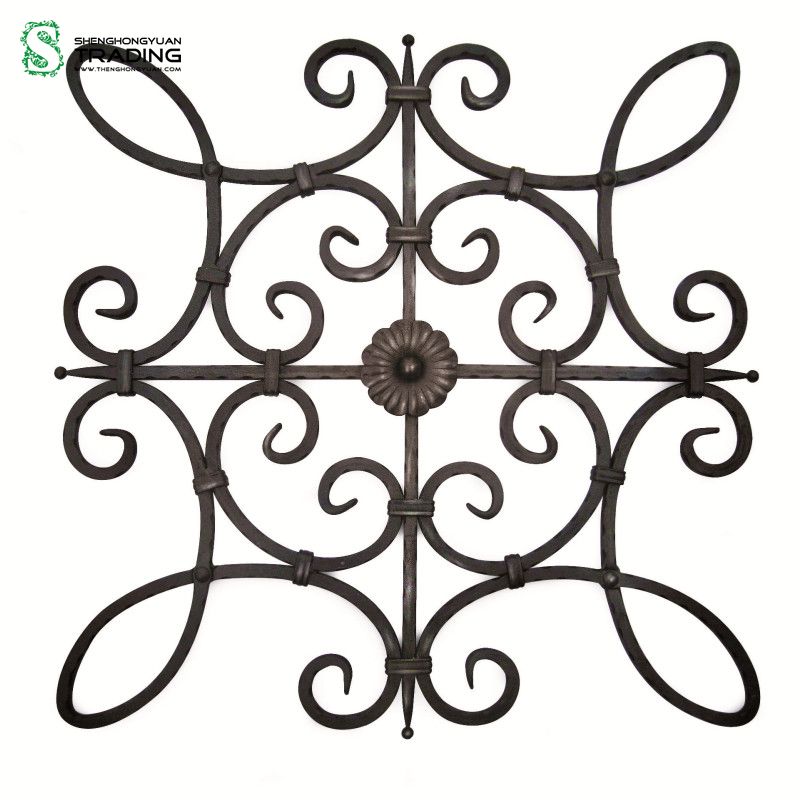
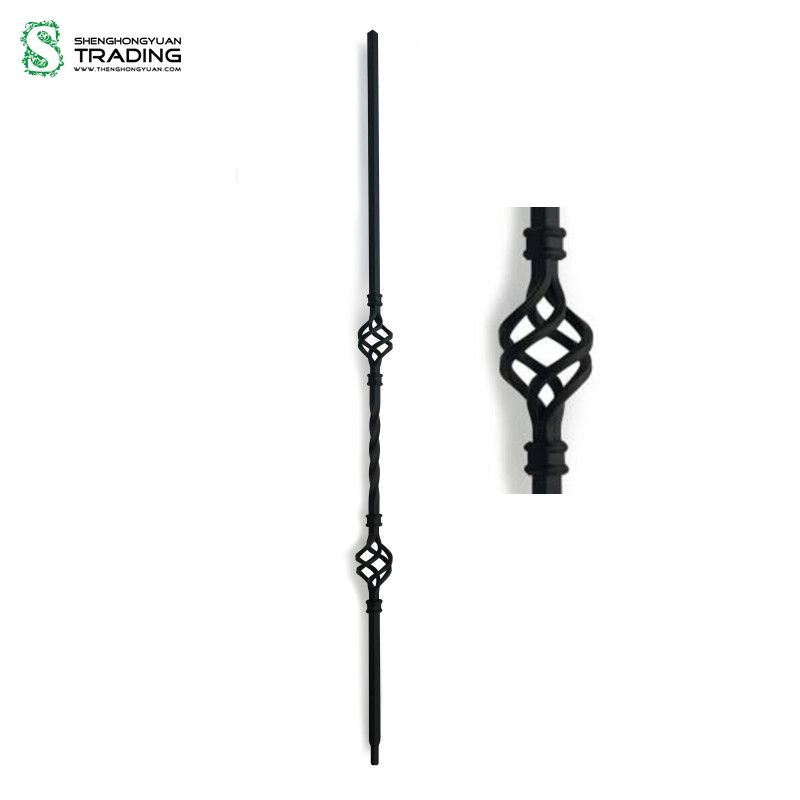
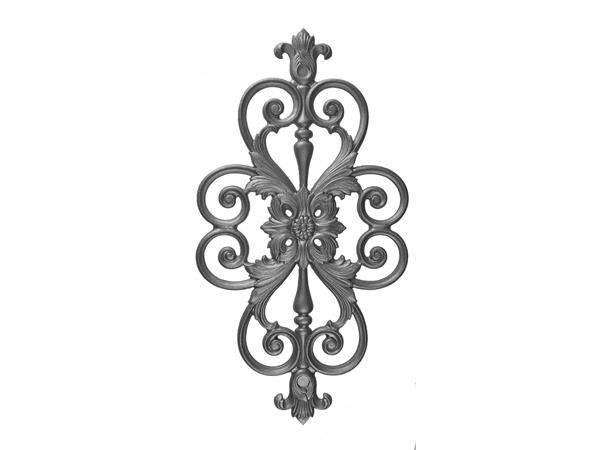
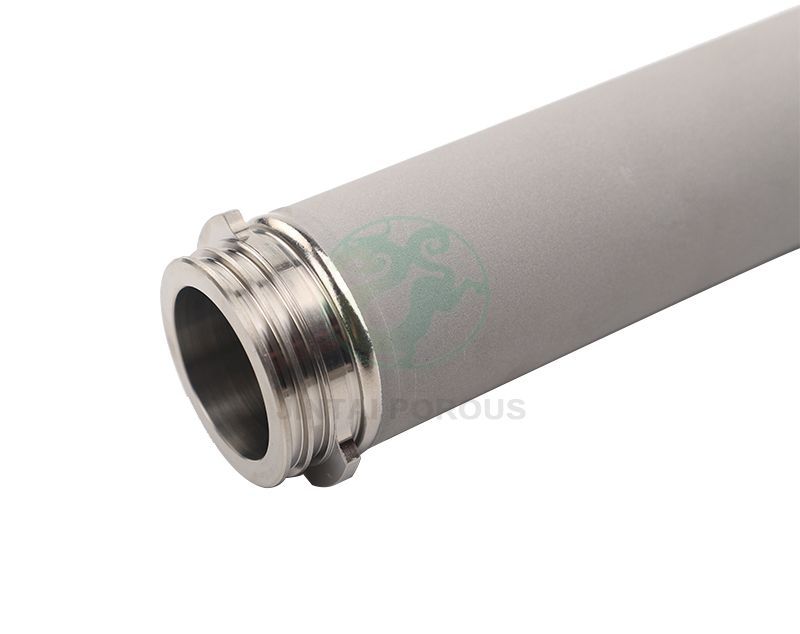
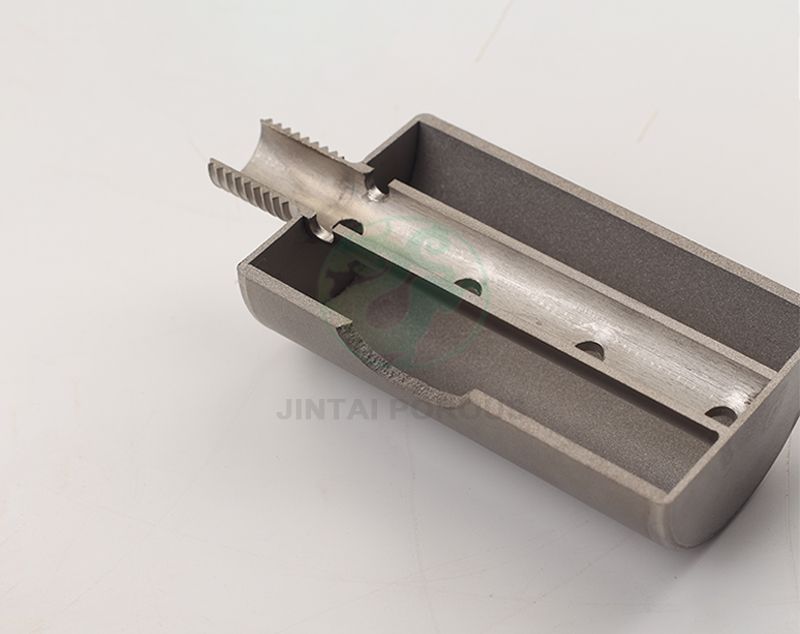
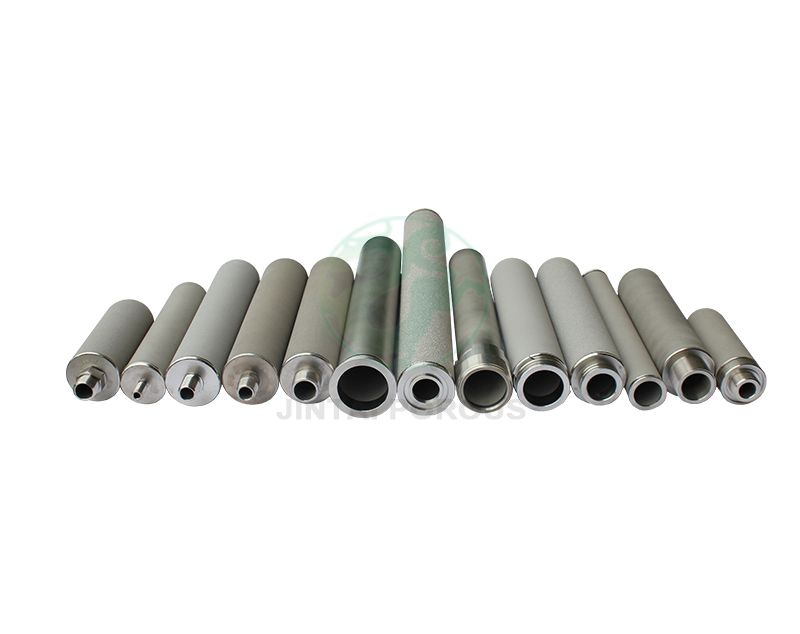
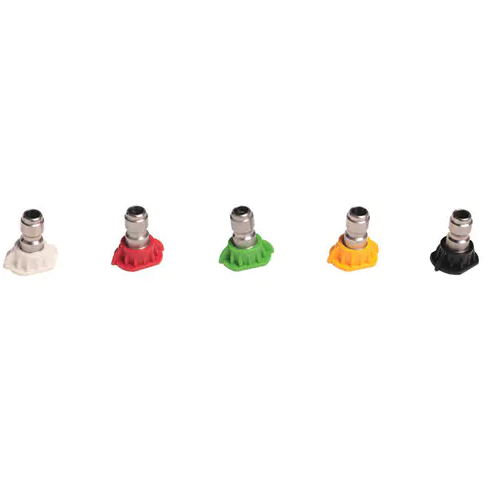
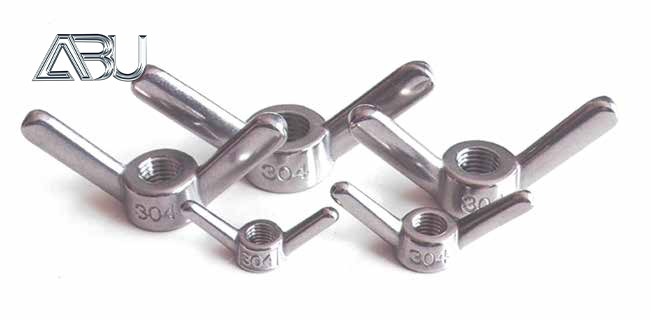

Comments